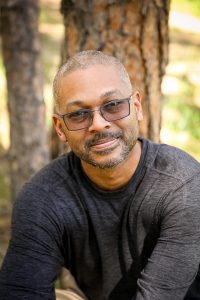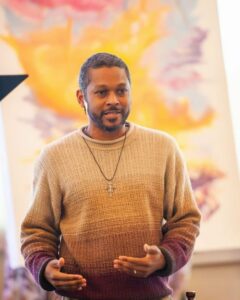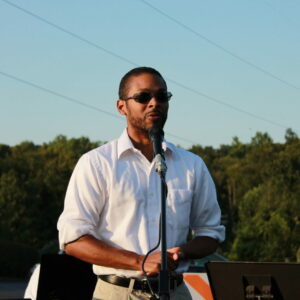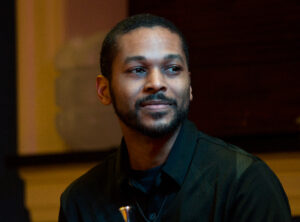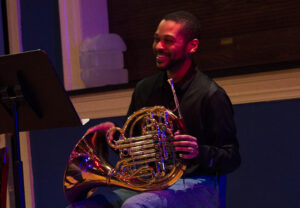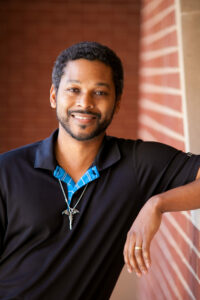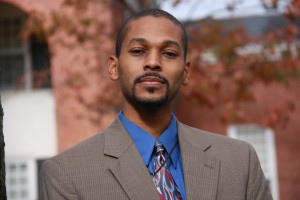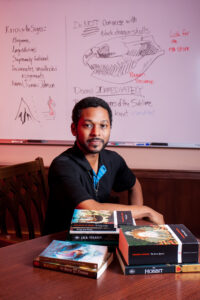About Dr. Junius Johnson
There are different aspects to what I do, each of them contributing to the way that I try to inhabit the world as a champion of learning (Truth), character (the Good), and wonder (Beauty).
Who I am
I was born in Louisville, KY in 1976. I was educated at Oral Roberts and Yale, where I pursued my interests in literature, philosophy, and theology. I currently reside in Memphis, TN with my amazing wife and best friend, Rebekah, and our two children.
I loved writing from an early age, and the goal of my studies was always writing, both fiction and academic. These two form the major focus of my time.
For me, fiction is a vital aid to life in a world that is manifestly broken; it calls to our deep love of Story, which I believe is a fundamental desire in all of us, our memory of a home we have not yet seen. My fiction attempts to access this, to put us in touch with the beautiful without denying the realities of the world we live in. Our hearts must be broken so that love can flow into them.
My academic work in theology can be seen as the transposition of my work in the realm of literature into a more direct discourse. Here it is the trinitarian God of Christianity (as expressed in Jesus Christ) that must be the ground of all of our thinking if we are to understand ourselves properly and have a chance to create a beautiful life that is not tragic (for tragic beauty is possible, and is no less beauty, but it is a beauty for others, not for the one who lives it and whose experience is ultimately dominated by the tragedy). This commitment is existential as well as intellectual.
Beyond all this, I am a passionate professional classical musician (french horn), and an amateur at the electric bass. I find music a vital and powerful expression of the experiences of life.
I hope that something in my work resonates with your experience. If not, I hope you will offer me the grace of excusing me for indulging my belief that I am not alone in my outlook. It may be true that I do not understand you, and consequently have nothing to say to you; but I write out of the conviction that I am not so different than others, that my experiences, hopes, dreams, and fears are not so unusual, and that others out there will come to know, in reading my work, that they are not alone (Shadowlands). If they may also gain something that strengthens them for the daily struggle of earthly existence, I will rejoice all the more.
Media Gallery
The following images may be drawn from for publicity purposes.

